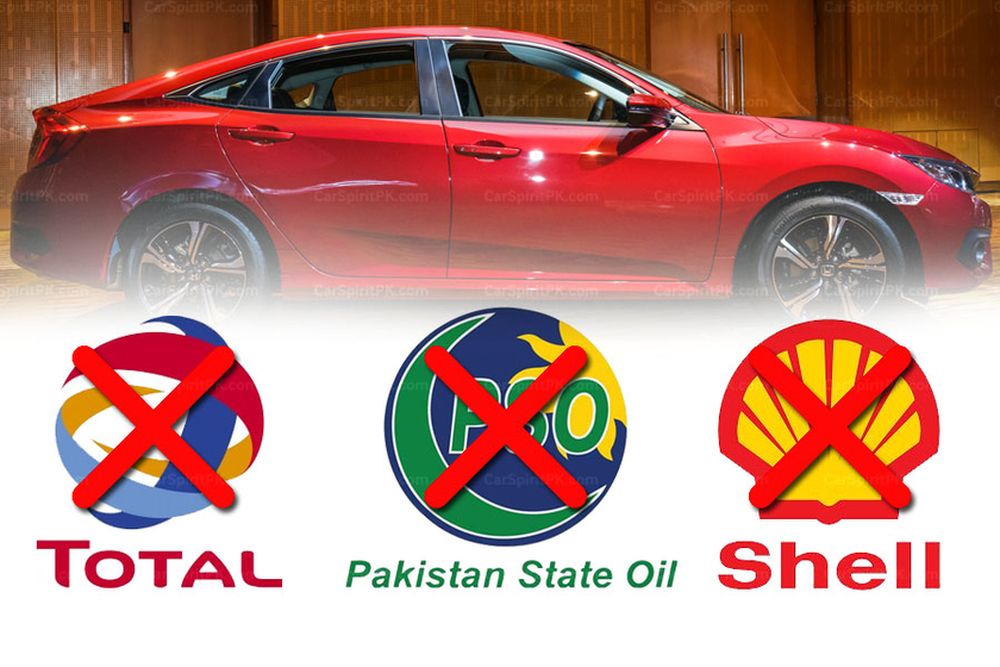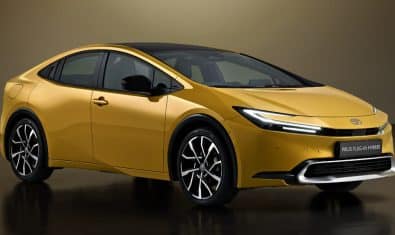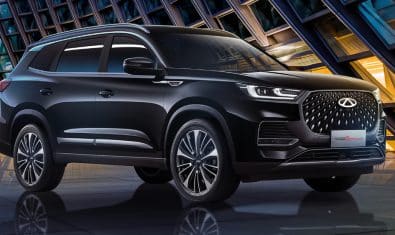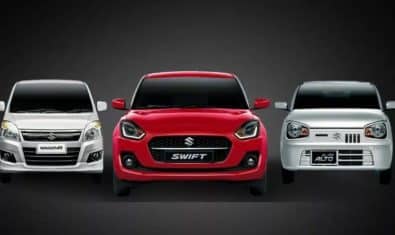Honda Pakistan recently filed a complaint against major oil companies saying that petrol from these companies is harmful for cars.
Oil Companies Advisory Council (OCAC) has finally responded to the complaint filed by Honda. OCAC says if Honda doesn’t drop the case it will have to face legal action.
Read More: Petrol from PSO, Shell and Total is Harming Cars in Pakistan: Honda
OCAC represents some major players in the oil market including Shell, PSO and Total.
Internal Conflicts
Hascol Petroleum which is also a member company of OCAC, supported Honda’s allegations saying the manganese content is higher in petrol and fuel is of substandard quality. Hascol Petroleum demanded that government must take strict measures to upgrade and monitor the fuel quality in the country.
Read More: Hascol is Also Blasting Local Petrol Companies for Low Quality Fuel
On this, OCAC official said that Hascol is trying to increase its market share by lamely criticizing the major suppliers. OCAC official continued, saying the fuel Hascol supplies is no different than what other companies are supplying.
Honda’s Complaints
Honda reported that the fuel supplied by Total, Shell and PSO contains higher content of manganese and is damaging the engines in its cars.
Honda also said that low octane fuel mixed with Manganese causes engine knocks in its cars and it also has detrimental effects on human health. According to Honda, it had to suspend 1.5L Turbo VTEC variant Civic due to this low quality of fuel.
OCAC’s Stance
OCAC says that fuel supplied in the country is in line with the standards approved by Ministry of Energy and Petroleum Division.
“All Oil Manufacturing Companies (OMCs), including Hascol, import and buy petroleum products from local refineries in accordance to the official country specifications. Therefore, petroleum products being sold by all OMCs are on exactly the same specifications across Pakistan,”
According the OCAC, the possible reasons why catalyst converters are being blocked maybe due to
- High Sulphur fuels
- Defective engine management system
OCAC says;
Honda team from Japan was replacing the software used in the 1.5L VTEC strongly suggests that the problem is not fuel-related but because of an incompatible vehicle emission management system.
The Real Issue Faced by Honda Cars
High Sulphur fuel causes poisoning of catalyst surfaces and reduces its efficiency. The reason why high Sulphur is used in fuels is because Pakistan is moving towards clean fuel and for that high Sulphur fuel is recommended. Honda’s complaint is valid in a sense because Sulphur content is higher than that recommended for Euro-IV vehicles.
However, OCAC explained, based on the specs of Civic variant that was included in the complaint, that 91RON is recommended for such a vehicle. Civic’s engine has a capacity to operate on a slightly lower octane number too but if it is run on anything below 90RON it will start to knock causing malfunctioning of knock sensor which will result in a plugged catalyst.
OCAC said that only 1.5L VTEC Turbo variant is facing the issue, rest of the models are running fine. It says that the reason behind this is that 1.5L VTEC model has high compression and is turbocharged while the rest of the models are not.
OCAC further said that delay in the variant’s launch is Honda’s fault. Honda failed to calibrate the new model to the local market and is looking to put the blame on fuel suppliers. OCAC says that no such issues will be faced if Honda properly calibrates the newer models to the local fuel.
OCAC admits that current fuel supplied has a high manganese content. According to them, the reason is the use of Methylcyclopentadienyl Manganese Tricarbonyl (MMT).
MMT is used so that unleaded fuel can be manufactured, refineries have been using it for the past ten years. And by using MMT, refineries are avoiding the use of aromatics, benzene and other olefins which are known to be harmful to human health and cause cancer.
Via: Dawn

































Lo G Utla HONDA Wale K Gale Main A Gaye OIL Wale :p
Wahab samaj mi nai aya. kasoor kis ka hai?
First of all, please stop the annoying telenor ADD that covers the screen every time I hit any link.
Now, yes I think that we need to support Honda in this fight against the Oil companies. Honda is right and the Oil companies are surely using an old legislation as an excuse.
Use AdBlocker
use Wahab blocker
use adblocker
use adblock
Use an ad blocker (you will hit Aamir Atta in the belly though :p )
If Amir Atta is hitting his loyal readers in the nuts with telenor ad than i think readers can hit him back in his belly… no?
The stupid oil companies should just own up and talk about the amount of MMT they are allowed to add elsewhere in developed markets. MMT is banned or at 2mg limits for majority of developed markets this is a known fact. OGRA or whatever authority needs to update it’s specs!
I’m with Honda, they are right and spoke the truth. These oil companies now spread lies abt Honda and will blackmail them.
Audi turbo engine cars in pakistan are not having any knocking problems
Atlas Honda is right. These oil companies are a mafia and deliberately mix Kerosene and MMT in fuel to make up volume and increase RON respectively, while destroying car engines and associated car parts like catalytic converter.
Atlas Honda cars are rated to EURO 4 fuel while Indus Motors (Toyota) are rated to EURO 2. As such, even newer cars from Mercedes, BMW and Audi also knock on local fuel. This oil mafia is not naming them because people will blame them if such prestigious names are mentioned as affectees of their fuel.
As far as damage to catalytic converter goes, abroad the converter lasts vehicle’s lifetime. Here, it needs to be cleaned every few months if car is driven a lot. This also happens in nearly all imported JDM cars so that shows the quality of their fuel even on older engines and imported cars from various other Japanese brands like Suzuki, Daihatsu, Nissan, Toyota, Honda, etc.
Saying their fuel is in compliance with local regulations means that the regulation needs to be updated to be far more stringent and in line with international standards. This reclusiveness and anathema to improvement is forcing car companies to stick to old technologies in cars just so they can sell their inferior fuel.